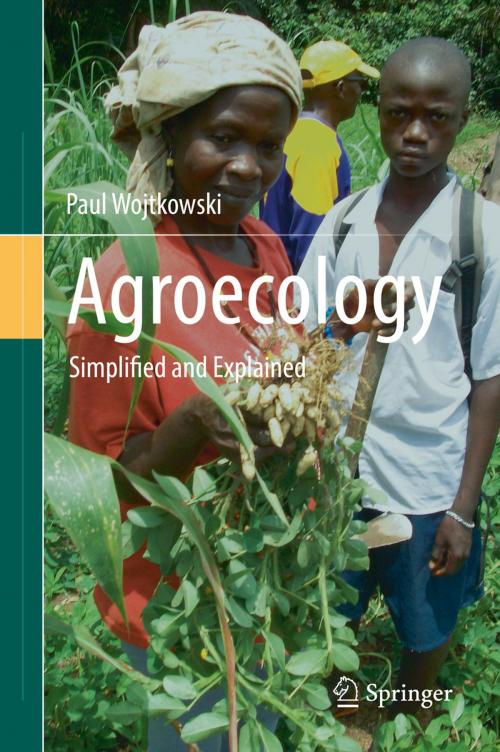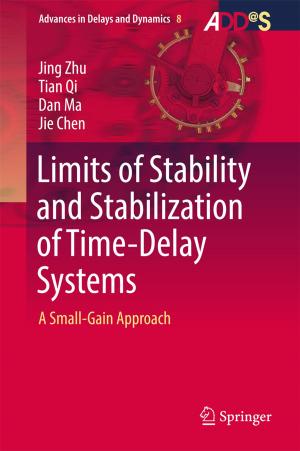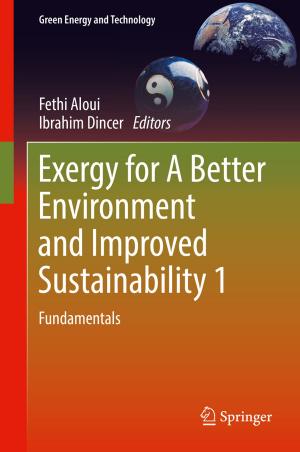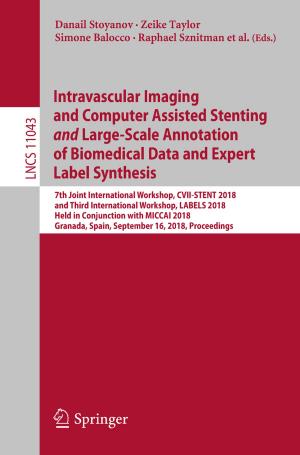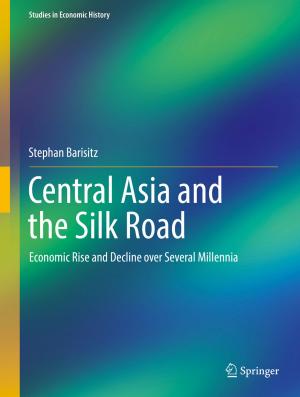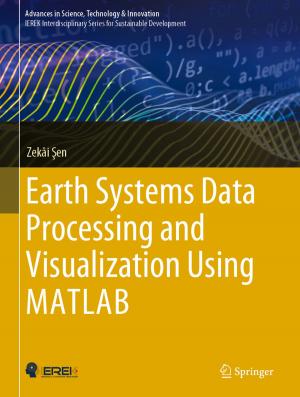Agroecology
Simplified and Explained
Nonfiction, Science & Nature, Technology, Agriculture & Animal Husbandry, Science, Biological Sciences, Environmental Science, Nature| Author: | Paul Wojtkowski | ISBN: | 9783319932095 |
| Publisher: | Springer International Publishing | Publication: | March 26, 2019 |
| Imprint: | Springer | Language: | English |
| Author: | Paul Wojtkowski |
| ISBN: | 9783319932095 |
| Publisher: | Springer International Publishing |
| Publication: | March 26, 2019 |
| Imprint: | Springer |
| Language: | English |
This book presents the core elements that underwrite agroecology. Expressed across twelve chapters, the universality of the core is the essence of agroecology. This alone would be of interest to researchers, students, and academics. Furthermore, the book contains a long, detailed, and inclusive glossary that, with over 160 entries, elaborates on the topics presented. Included are recent developments as well as time-tested, traditional farm practices. The book also advances the theoretical base, fills gaps in the published research, and suggests future opportunities and future directions. The book is internationally oriented, presenting both temperate and tropical agriculture.
The book begins by comparing agroecology against conventional, monoculturally-based agriculture. In doing so, it defines the unique features of agroecology and their significance in achieving sustainable and environmentally-friendly agriculture. The book goes on to discuss the underlying technologies, the various manifestations of biodiversity, and the risk countermeasures associated with agroecology. This includes the farm landscape as a positive base for ecology, and how, if used well, it can produce major economic growth. The book concludes by summarizing the key findings, and assessing the macro-challenges facing agroecology.
This book presents the core elements that underwrite agroecology. Expressed across twelve chapters, the universality of the core is the essence of agroecology. This alone would be of interest to researchers, students, and academics. Furthermore, the book contains a long, detailed, and inclusive glossary that, with over 160 entries, elaborates on the topics presented. Included are recent developments as well as time-tested, traditional farm practices. The book also advances the theoretical base, fills gaps in the published research, and suggests future opportunities and future directions. The book is internationally oriented, presenting both temperate and tropical agriculture.
The book begins by comparing agroecology against conventional, monoculturally-based agriculture. In doing so, it defines the unique features of agroecology and their significance in achieving sustainable and environmentally-friendly agriculture. The book goes on to discuss the underlying technologies, the various manifestations of biodiversity, and the risk countermeasures associated with agroecology. This includes the farm landscape as a positive base for ecology, and how, if used well, it can produce major economic growth. The book concludes by summarizing the key findings, and assessing the macro-challenges facing agroecology.
